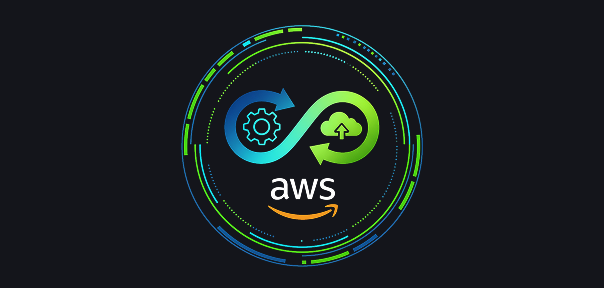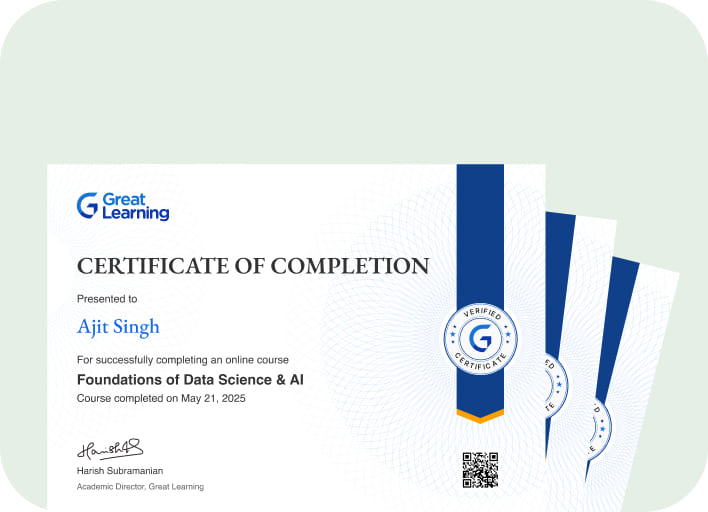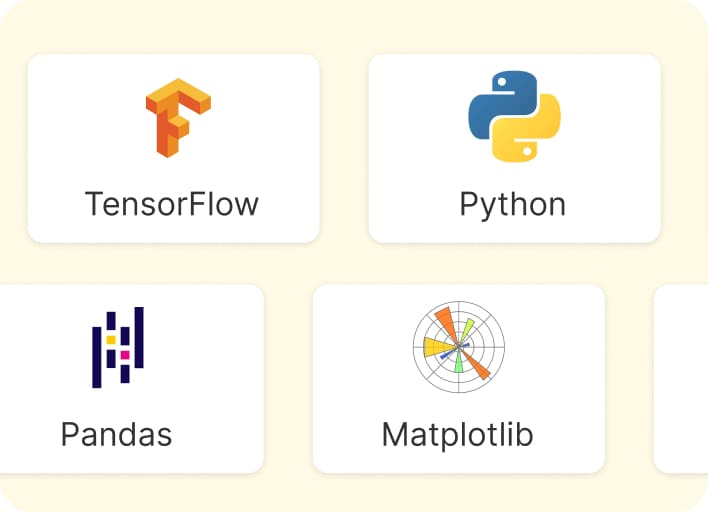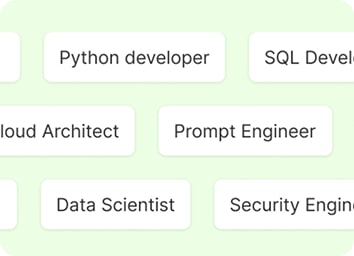Free Java Programming Course in Hindi
Java Programming in Hindi
Learn Java Programming in Hindi from basics in this free online training. The Java Programming course in Hindi is taught hands-on by experts. Learn how to Install Java & Java IDE, Also learn Java first Program. Best for Beginners.
About this course
Java is an object-oriented, platform-independent programming language, and it is also one of the most popular programming languages today. It is famously used in developing web applications, mobile applications, embedded systems, etc. This java programming in Hindi course is ideal for beginners if you are drawn to programming and software development. Also, it will cover all aspects of the java programming language with outstanding clarity and granularity. You will begin with the basics, starting with installing the required software. You will learn topics like what is Java, variables, operators in Java, flow control statements, and function in Java etc., to understand the fundamentals of java and then moving forward will understand about Arrays in Java programming.
Great Learning offers Post Graduate Programs in Software Engineering for Data Science. You can join our Software Engineering Courses to develop the advanced Software Engineering skills required to build real-world, large-scale Data Science applications and earn a certificate from the International Institute of Information Technology Hyderabad. We aim to empower our learners with everything they need to succeed in their careers, resulting in 8000+ successful career transitions.
Course outline
What is Java?
This module will help you get briefly acquainted with Java and understand why it is generally known as cross-platform compatible and object-oriented.
Install Java & Java IDE
This module gives you detailed information and a demo of installing Java IDE- Eclipse on your system.
First Java Program
This module will go through the first Java program that will help you comprehend its syntax and semantics. For your better understanding, a hands-on demo is also available.
Variables and Data Types in Java
This module will brief you about variables in Java with appropriate examples. Secondly, you will get familiar with data types in Java which are thoroughly explained with the help of examples.
Operators in Java
This module focuses on operators in Java. Arithmetic, logical, and relational operators are explained in detail with the help of code examples.
Flow Control Statements in Java
In this module of an online Java course for free, you will learn about the flow control statements like if, else if, while loop, and for loop in detail and go through the conditions they must follow. Hands-on sessions are available for these concepts to get a better hold of them.
Functions in Java
This module of the free Java course focuses on functions in Java. It thoroughly discusses the function structure, functions with return values, swapping values, and method overloading in Java with the help of hands-on demos.
Arrays in Java
This module assists you with a detailed explanation of arrays, where you will go through their structure explanation with examples. In addition to this, multidimensional arrays are thoroughly discussed with code examples.
Get access to the complete curriculum once you enroll in the course
Level up with advanced skills & become job ready with Pro+
Subscribe to Pro+ today to build skills with 50+ Pro courses and prep for jobs with advanced AI tools.
.png)
Advanced Java Programming

Practice exercises

Guided Projects

AI Resume Builder

AI mock interviews
What our learners enjoyed the most
Skill & tools
69% of learners found all the desired skills & tools
Frequently Asked Questions
Will I receive a certificate upon completing this free course?
Is this course free?
Will I get a certificate after completing this Java Programming in Hindi free course?
Yes, you will get a certificate of completion for Java Programming in Hindi after completing all the modules and cracking the assessment. The assessment tests your knowledge of the subject and badges your skills.
How much does this Java Programming in Hindi course cost?
It is an entirely free course from Great Learning Academy. Anyone interested in learning the basics of Java Programming in Hindi can get started with this course.
Is there any limit on how many times I can take this free course?
Once you enroll in the Java Programming in Hindi course, you have lifetime access to it. So, you can log in anytime and learn it for free online.
Can I sign up for multiple courses from Great Learning Academy at the same time?
Yes, you can enroll in as many courses as you want from Great Learning Academy. There is no limit to the number of courses you can enroll in at once, but since the courses offered by Great Learning Academy are free, we suggest you learn one by one to get the best out of the subject.
Why choose Great Learning Academy for this free Java Programming in Hindi course?
Great Learning Academy provides this Java Programming in Hindi course for free online. The course is self-paced and helps you understand various topics that fall under the subject with solved problems and demonstrated examples. The course is carefully designed, keeping in mind to cater to both beginners and professionals, and is delivered by subject experts. Great Learning is a global ed-tech platform dedicated to developing competent professionals. Great Learning Academy is an initiative by Great Learning that offers in-demand free online courses to help people advance in their jobs. More than 5 million learners from 140 countries have benefited from Great Learning Academy's free online courses with certificates. It is a one-stop place for all of a learner's goals.
What are the steps to enroll in this Java Programming in Hindi course?
Enrolling in any of the Great Learning Academy’s courses is just one step process. Sign-up for the course, you are interested in learning through your E-mail ID and start learning them for free online.
Will I have lifetime access to this free Java Programming in Hindi course?
Yes, once you enroll in the course, you will have lifetime access, where you can log in and learn whenever you want to.
Can I learn java programming in Hindi?
Yes, we can learn java programming in Hindi (Java in Hindi). There are many websites which provide the course for free and some also cost for the course. There are also many books available for learning java, which is in the Hindi language. And also, you can learn through YouTube videos where many channels offer this course.
After Learning Java will it get me a job?
Yes, we do get a job after learning java there are many certification courses where you can learn. Working as a java developer is a good carrier, but not for everyone. We can only choose to be a java developer when we have a piece of good knowledge, experience, and coding ability then we can get a job and have a good career.
What is Java Programming?
Java is a popular high-level, powerful general-purpose, class-based, object-oriented programming language. Java is used for developing many desktop and mobile applications, and it is helpful in big data processing, embedded systems, and more. Developers are actively utilizing Java programming to develop many of their products. You can now learn Java programming in Hindi from scratch through this free Java course in Hindi for beginners.
What is Object-Oriented Programming in Java?
Object-oriented programming involves using objects and classes for ease of design and programming your problem statement. You can say that object-oriented programming is the core of the Java language, and it helps the proper organization of the objects and build well-defined interfaces. You can now understand object-oriented programming in Java in Hindi through this free course of Java programming in Hindi Great Learning offers.
What is a Class in Java?
A class in Java consists of a group of objects that shows common properties. You call a class in Java as the blueprint of the objects through which they are created, and it is also known as a logical entity.
What is Java programming used for?
Java programming is used for many practical applications. You can develop your mobile and desktop applications through Java programming, and it is one of the most used programming languages by developers to develop their products. Java programming is primarily used as the server-side programming language in many back-end-development projects.
What is an Interface in Java?
An interface in Java is a skeleton or the blueprint of the class. It includes static constants and abstract methods. It is also considered a mechanism to obtain abstraction. The Java interface can only have abstract methods and no method body. It is also helpful in achieving various inheritance in Java.
How to learn Java Programming in Hindi?
You can enroll in Great Learning’s free Java programming in Hindi course to learn Java at your comfort in Hindi. This free Java course in Hindi is designed for beginners and covers all the essential concepts of Java. Enroll in the Java in Hindi free course and attain a free course completion certificate.

 4.44
4.44













 (1).jpg)
.jpg)




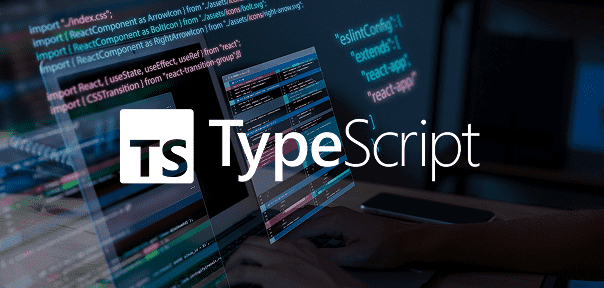



 (1).png)






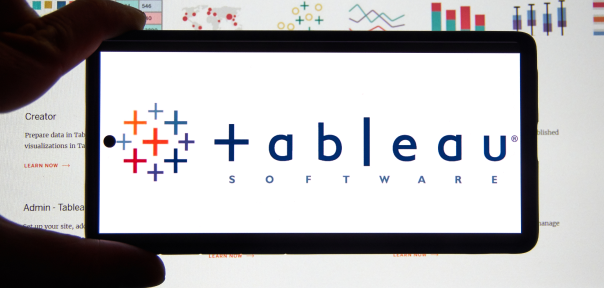

.png)

.png)

.png)
.png)
.png)
.png)
.png)
.png)
.png)


.png)
.png)
.png)

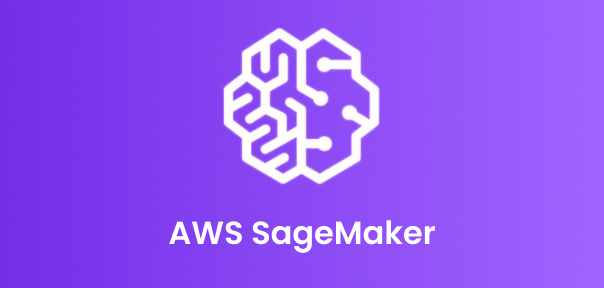


.png)


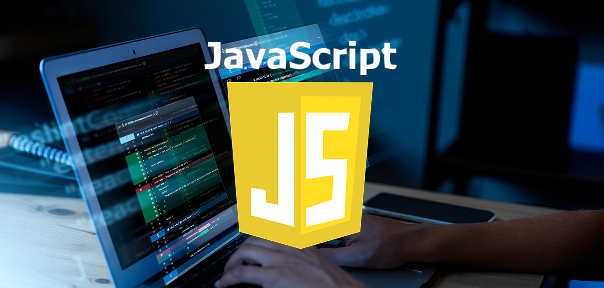

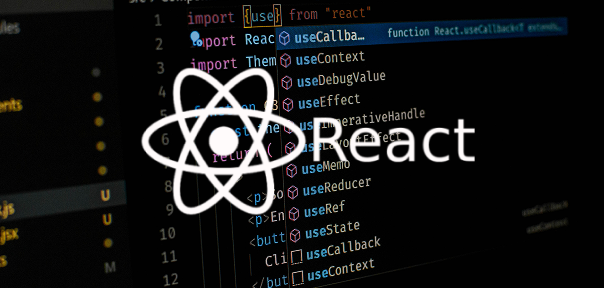
.png)
.png)
.png)


.jpg)
.png)

.png)
.jpg)

.jpg)
.jpg)
.jpeg)

.jpg)
.jpg)
.png)
